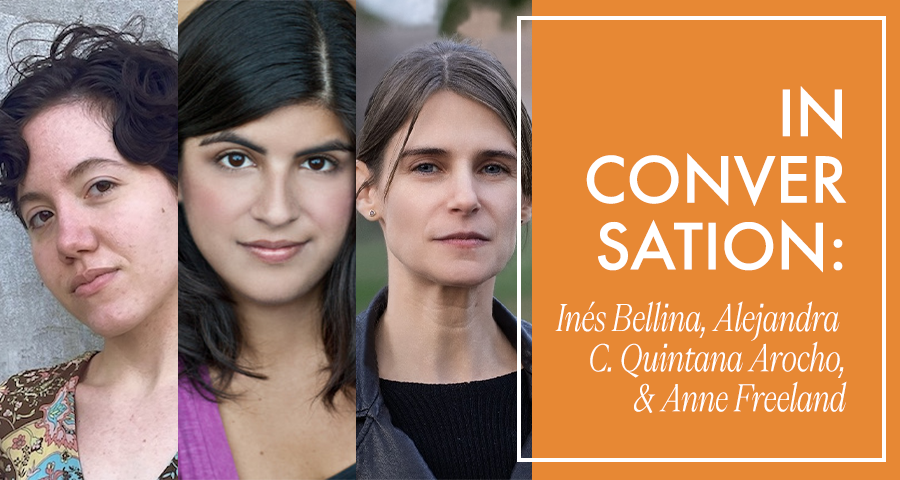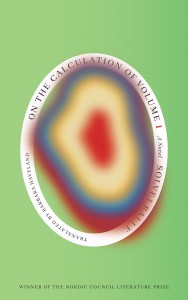In 1945, Gabriela Mistral shattered the Euro-American stronghold of the Nobel Prize in Literature, becoming the first Latin American laureate and the second from the Global Majority world since Rabindranath Tagore’s landmark win in 1913. Her award marked a cultural shift, amplifying voices beyond the confines of the North Atlantic canon—yet today, Mistral’s legacy remains an unresolved enigma: Was she a modernist, as her French translator Mathilde Pomès suggested, standing shoulder to shoulder with Nicaraguan poet Rubén Darío? Or was she a postmodernist like Delmira Agustini and Juana de Ibarbourou of Uruguay? Politically, too: was she an anarchist, Christian socialist democrat, or antifascist?
One aspect of Mistral’s life that remains clear, however, is her queerness. She spent her later years in New York with her partner, Doris Dana, an American children’s book author who translated some of her works and, after Mistral’s death, supervised her literary estate. Her sexuality is also affirmed by her contemporaries such as Alejandra Pizarnik and Pablo Neruda, and she even sometimes self-identified as a man in her own poetry. These complexities are further illuminated by a new centennial bilingual edition of Mistral’s Desolación (Sundial House, 2024), featuring translations by Inés Bellina, Alejandra C. Quintana Arocho, and Dr. Anne Freeland, along with thirty-seven poems translated by Langston Hughes, originally published in the 1957 collection, Selected Poems of Gabriela Mistral.
In this interview, I spoke with Bellina, Quintana, and Dr. Freeland about Desolación, and the enduring queer legacy of Latin America’s first Nobel laureate.
Alton Melvar M Dapanas (AMMD): Congratulations to the three of you on the publication on Desolación! Could you share how this book came to be? Also, while working intimately with Mistral’s first poetry collection, how did the experience of translating her transform your appreciation of her as a poet, an educator, a thinker, and a woman of her time?
Alejandra C. Quintana Arocho (AQA): Thank you so much. It’s honestly still quite a surreal thing to process for me—the publication of this edition. Not just because of how incredible of an opportunity it is to have co-translated and become so acquainted with the work of the great poet that is Mistral, but also because of how much reading, editing, and sharing her words with others feels more like an ongoing process than the end result of our collaboration. This volume marks the first full English-language of her debut poetry collection Desolación in its 1922 edition, originally published at Columbia University’s Hispanic Institute and edited by its then-director Federico de Onís—but the rest of her full-length works (despite appearing excerpted in translations of select poems, such as in Ursula K. Le Guin’s and Randall Couch’s editions) remain unpublished in English. Translator and literary critic Anna Deeney Morales is at work on a translation of Tala (1938) and Anne Freeland is working on Mistral’s last book, Poema de Chile (published posthumously in 1967), but there is much work to be done in creating and sustaining new readerships for Mistral among Anglophone, Spanish-speaking, and bilingual audiences alike. In considering the potential for Mistral to be rigorously and lovingly (re)read a hundred years after Desolación’s publication, our editor Eunice Rodríguez Ferguson was the one who came up with the idea of collaborating with a group of translators on an English rendering of the book. READ MORE…



